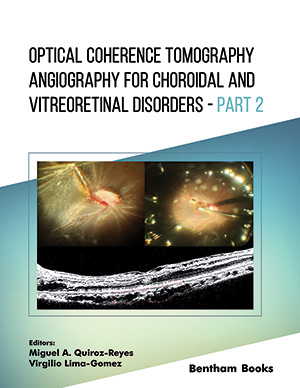Abstract
Background: Eosinophilic cystitis is a rare inflammatory cystitis of unknown origin. Common symptoms include urinary frequency, urgency, pain, and recurrent urinary tract infections. Currently used treatments include corticosteroids, anti-inflammatory drugs, antihistamines, and antibiotics. Here we present a case of successful treatment of eosinophilic cystitis with mepolizumab.
Case Presentation: A 41-year-old female presented with urinary frequency, urgency, and suprapubic pain. She underwent multiple tests including cystoscopy and biopsy, which revealed a diagnosis of eosinophilic cystitis in 2000. She was initially managed with oral antihistamines and oral steroids. However, over the years her symptoms increased in frequency, intensity, and duration. Montelukast 10 mg daily started which did not show any improvement. In 2017 Mepolizumab 100 mg every 4 weeks started. The patient noted improvement after a few months, and she was tolerating her injections well without side effects and had no further flares of her condition.
Discussion: We present a case of eosinophilic cystitis which was refractory to multiple treatments and responded well to mepolizumab. There are no definite guidelines for the management of EC and there is no curative treatment for this disease. Mepolizumab is an anti-IL-5 monoclonal antibody and the use of mepolizumab in the management of EC that is refractory to treatment have been reported in a few cases. The use of mepolizumab has been described in different diseases associated with eosinophilic inflammation such as severe eosinophilic asthma, eosinophilic esophagitis, eosinophilic chronic obstructive pulmonary disease, and severe nasal polyposis.
Conclusion: Mepolizumab can be considered a treatment option in EC cases refractory to the standard treatment. At this time, larger studies are needed to evaluate the efficacy and safety of mepolizumab in EC.
Keywords: Eosinophilic, Cystitis, Biologics, Mepolizumab, Monoclonal antibody, Cystoscopy.
[http://dx.doi.org/10.1016/S0022-5347(17)65773-2] [PMID: 13804922]
[http://dx.doi.org/10.1159/000020183] [PMID: 10765067]
[http://dx.doi.org/10.1136/bcr-2014-205708]
[http://dx.doi.org/10.1111/j.1742-1241.2004.00421.x] [PMID: 15857336]
[http://dx.doi.org/10.1136/bcr-2013-009327]
[http://dx.doi.org/10.1016/j.jaci.2015.12.676]
[http://dx.doi.org/10.1016/j.jaci.2019.12.734] [PMID: 33102077]
[http://dx.doi.org/10.1016/j.jaci.2020.12.254]
[http://dx.doi.org/10.1016/S0140-6736(12)60988-X] [PMID: 22901886]
[http://dx.doi.org/10.1056/NEJMoa1403290] [PMID: 25199059]
[http://dx.doi.org/10.1016/j.jaci.2006.09.007] [PMID: 17157662]
[http://dx.doi.org/10.1056/NEJMoa1708208] [PMID: 28893134]
[http://dx.doi.org/10.1016/j.jaci.2011.07.056] [PMID: 21958585]































